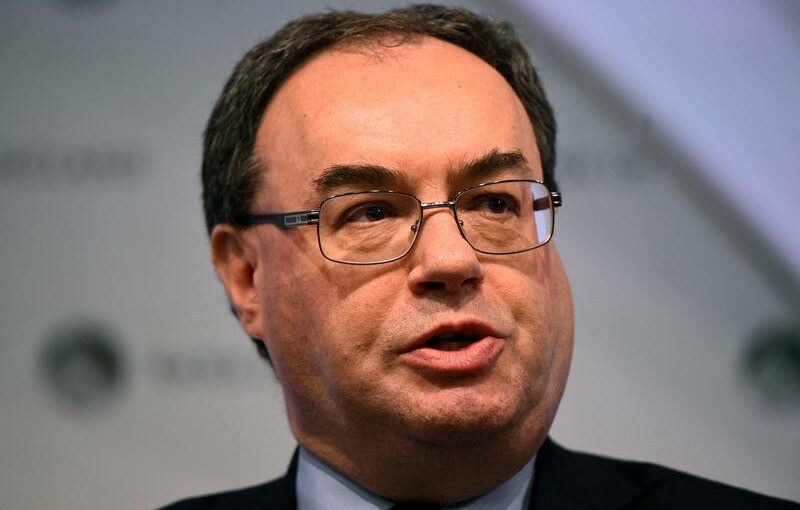LONDON (Reuters) – Bank of England Governor Andrew Bailey urged the European Union on Wednesday not to pick a fight with Britain over its huge financial services industry after Brexit, and said the bloc was demanding more of London than of other trade partners.
The City of London has been largely cut off from the EU since Jan. 1 and Brussels has said it won’t be rushed into decisions on granting access for financial firms in Britain, saying it wants to see how far UK rules will diverge.
“This is a standard that the EU holds no other country to and would, I suspect, not agree to be held to itself,” Bailey said in a speech to financial executives on Wednesday.
“We have an opportunity to move forward and rebuild our economies, post-COVID, supported by our financial systems,” he said. “Now is not the time to have a regional argument.”
London is the only financial centre in Europe that can compete globally with the likes of New York, and still dominates trading in the multi-trillion-dollar currency markets.
“London will undoubtedly continue as one of the world’s leading if not the leading financial centre,” Bailey said.
Rules for the financial services industry had to adapt as the world changes, Bailey said. But he ruled out a sudden easing of rules in Britain after its exit from the EU, as sought by some in the industry.
“Let me be clear, none of this means that the UK should or will create a low-regulation, high-risk, anything-goes financial centre and system,” he said.
Britain’s new trade deal with the bloc, which took effect on Jan. 1, does not cover financial services. The City of London is likely to get only limited “equivalence-based” access to the EU financial market for the foreseeable future.
Bailey noted that the EU has granted long-term market access for securities clearing houses from the United States but not for their UK counterparts even though they comply with the same rules.
Earlier on Wednesday, consultants PwC estimated Britain’s tax receipts from its financial services sector were set to start falling from this year as a result of Brexit and the impact of the coronavirus pandemic.
The 135 billion-pound industry accounts for more than 10% of UK tax receipts.
Separately, the Centre for Economics and Business Research said Brexit will potentially cost London’s economy 9.5 billion pounds a year.
Bailey also struck a more optimistic note, saying the fragmentation in European markets since Britain left the EU will likely prove temporary as “sensible forces” return to the fore.
Source: Read Full Article
